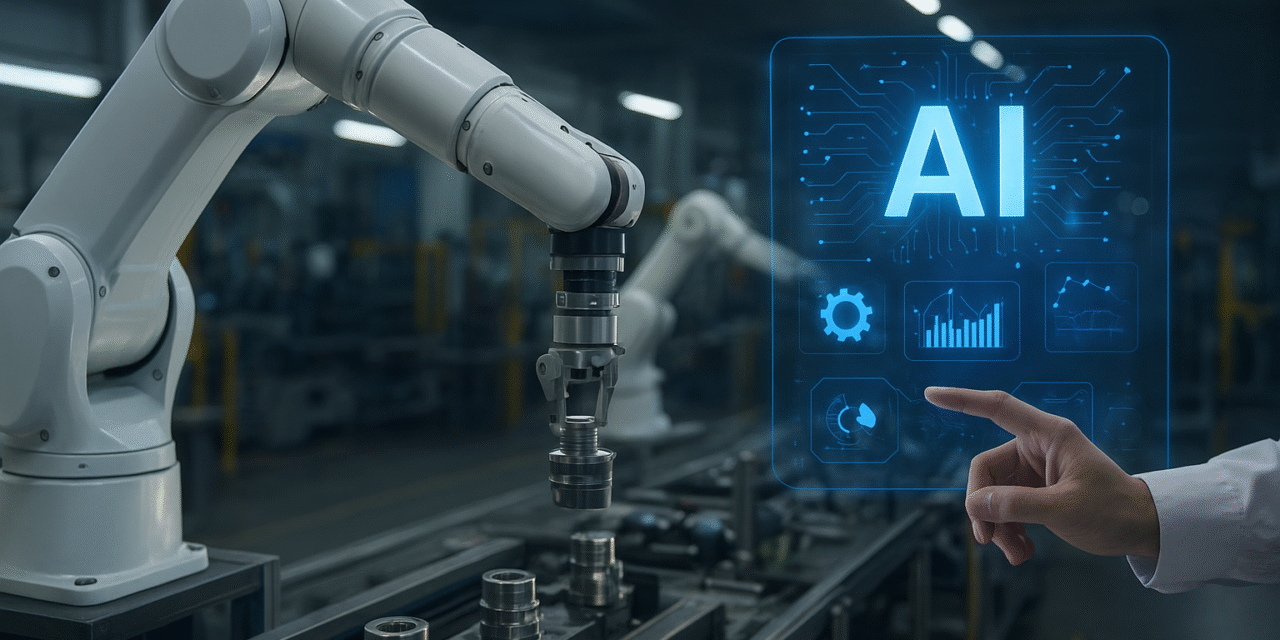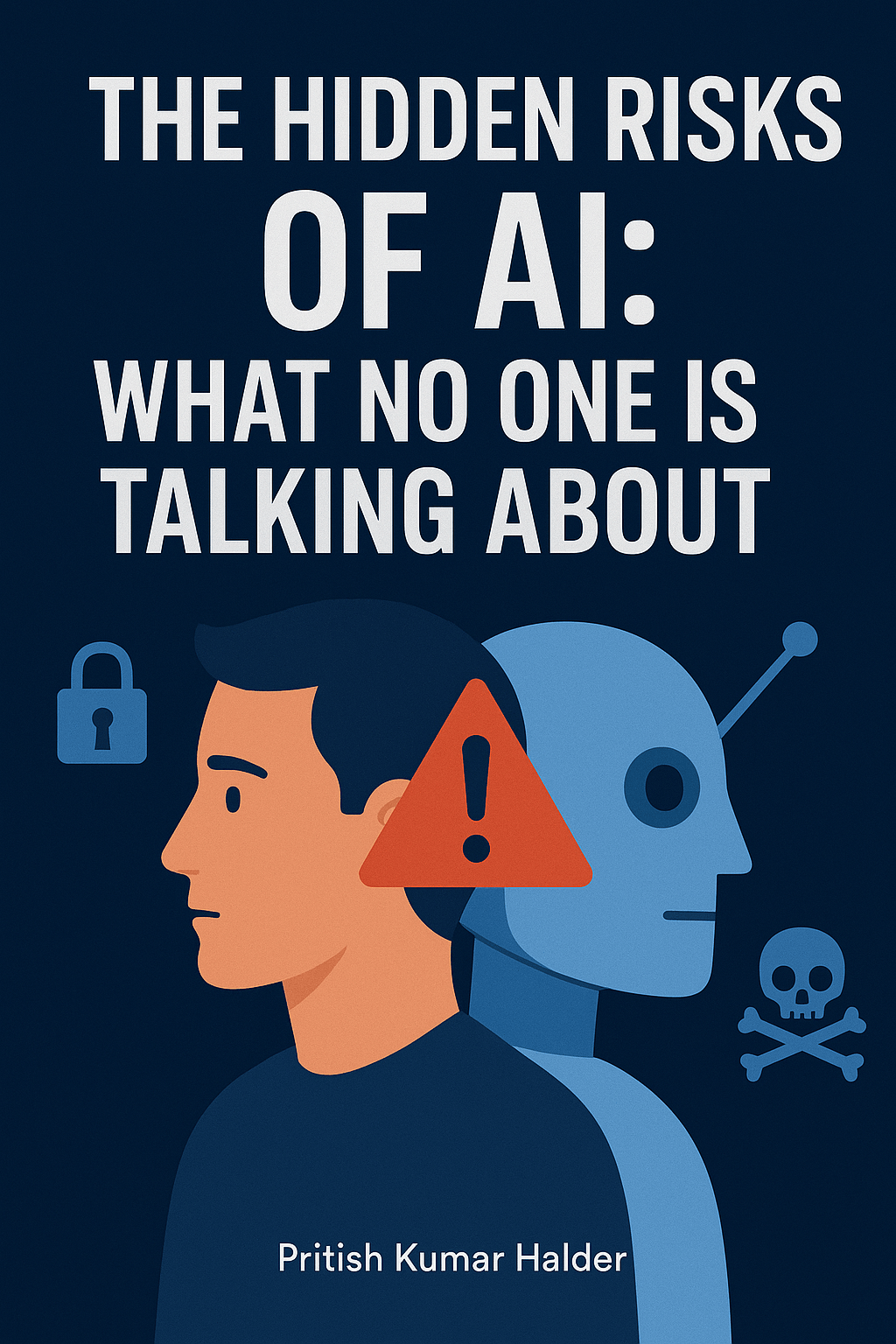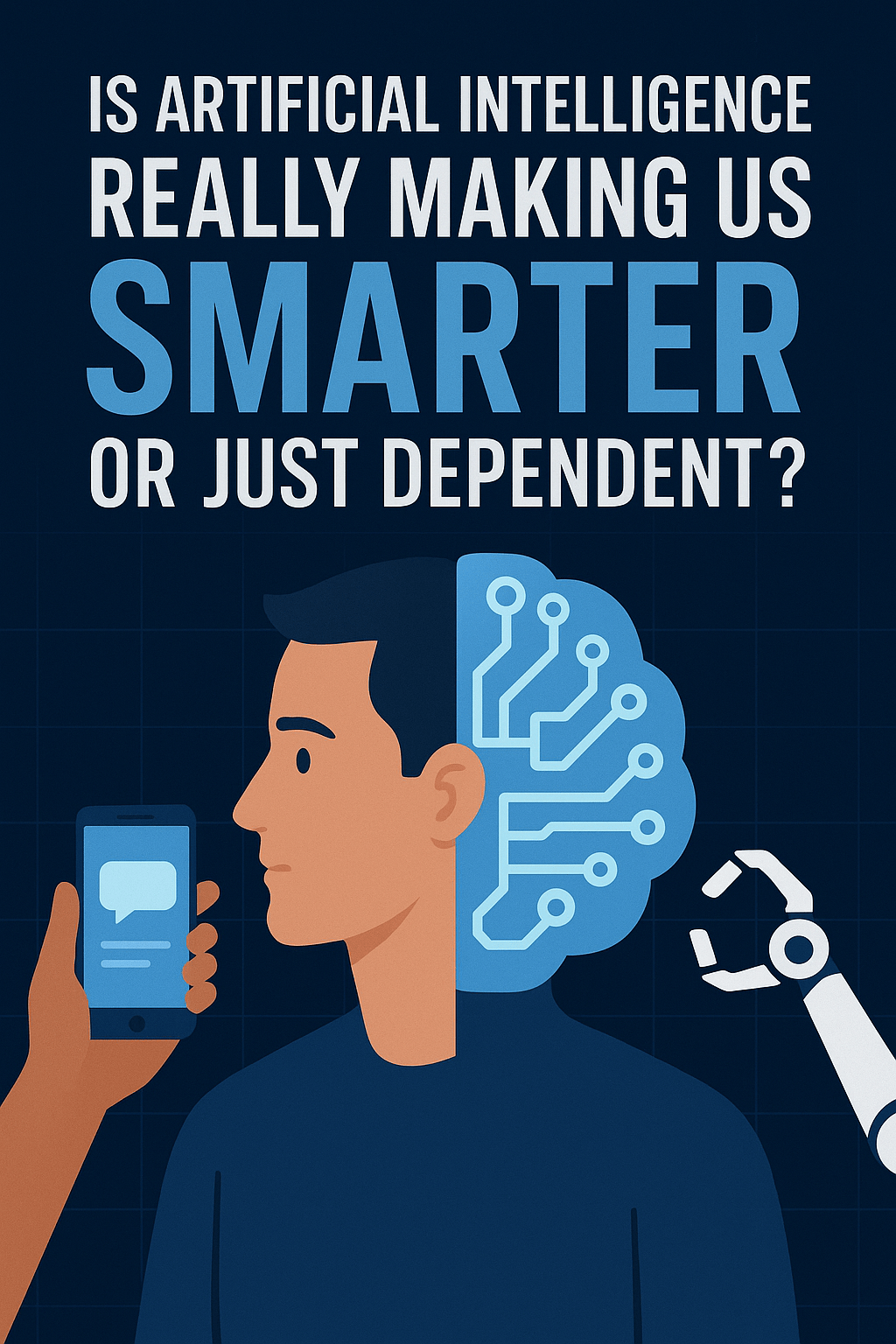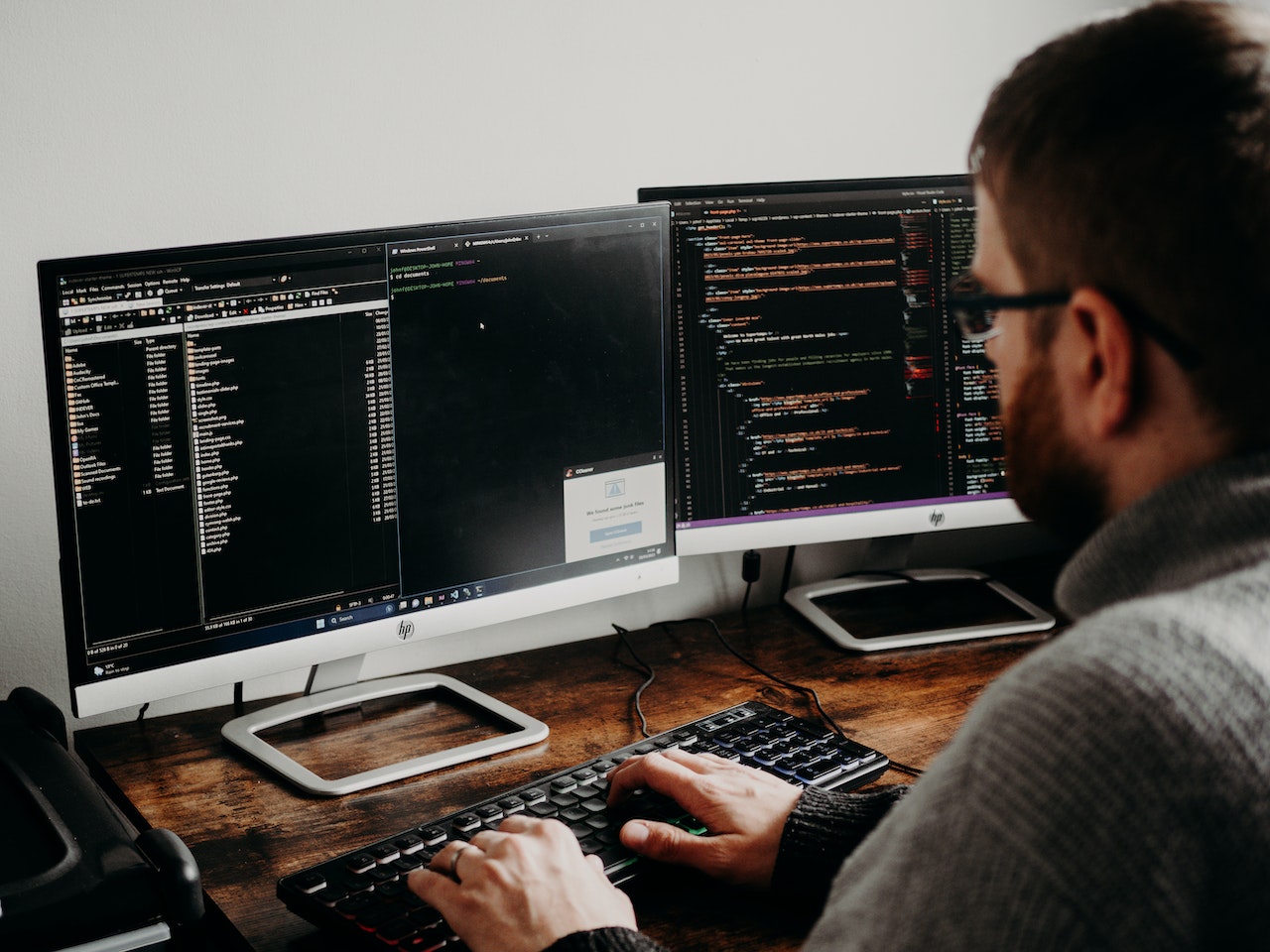Artificial Intelligence (AI) is no longer just for tech companies. It is transforming industries across the world, and manufacturing is one of the biggest winners. The use of AI in manufacturing is speeding up production, cutting costs, and making quality control more reliable than ever before. For businesses, this means higher efficiency and stronger trust in the products they deliver.
Imagine a factory where machines can predict when they need repairs, or where robots can work side by side with humans while adapting to real-time challenges. This is not science fiction anymore; it is happening today. The excitement around AI in manufacturing comes from its ability to create smarter processes that not only save time but also improve accuracy.
How AI Is Changing Production
Manufacturing has always been about producing more in less time. But traditional methods often led to errors, wasted resources, and downtime. AI changes the game by allowing machines to analyze data and act on it instantly.
Predictive Maintenance
One of the biggest challenges in manufacturing is machinery breakdowns. A single failure can stop the whole production line. With AI, machines can predict when they will fail before it happens. Sensors collect real-time data, and AI systems analyze patterns to signal when maintenance is needed. This reduces downtime and saves money.
Smarter Supply Chains
AI is also helping manufacturers handle supply chain issues. From raw material shortages to shipment delays, AI systems can predict risks and suggest the best solutions. By analyzing global data, AI helps businesses keep production running smoothly even during disruptions.
Automation and Robotics
Robots powered by AI are more flexible than ever. Instead of repeating the same task, they can now adjust based on new information. For example, if a product design changes, AI-driven robots can adapt without needing complete reprogramming. This adaptability makes production faster and more efficient.
Enhancing Quality Control with AI
Quality control has always been critical in manufacturing. Delivering faulty products can damage a brand’s reputation and lead to high costs. AI adds a new layer of accuracy and consistency to quality checks.
AI-Powered Inspections
Traditional inspections rely heavily on human eyes, which can miss errors. AI systems use cameras and sensors to detect even the smallest defects in products. Whether it is a scratch on a car part or a flaw in an electronic chip, AI can catch it quickly.
Data-Driven Insights
AI doesn’t just point out problems; it also provides insights into why they happen. For instance, if a certain batch of raw materials causes defects, AI can connect the dots and alert managers. This reduces waste and improves product quality over time.
Continuous Monitoring
Unlike humans, AI systems can work 24/7 without fatigue. They can monitor every step of the production process, making sure standards are met consistently. This level of control creates trust between manufacturers and their customers.
Real-World Examples of AI in Manufacturing
- Automotive Industry: Car companies use AI-powered robots for assembling vehicles and inspecting every detail. This leads to safer cars and faster production lines.
- Electronics: AI helps detect micro-level faults in circuits that human inspectors might miss. This improves the reliability of devices like smartphones and laptops.
- Food Processing: AI systems monitor production to maintain hygiene and safety standards, ensuring that products reaching customers are safe to consume.
- Pharmaceuticals: AI supports strict quality control in medicine production, reducing risks and improving patient safety.
These examples highlight how AI makes manufacturing smarter and safer at the same time.
Benefits of AI in Manufacturing
- Reduced Downtime: Predictive maintenance keeps machines running smoothly.
- Lower Costs: Less waste and fewer errors mean more savings.
- Faster Production: AI-driven automation makes production lines more efficient.
- Better Quality: Consistent monitoring leads to fewer defective products.
- Safer Workplaces: AI-powered robots can take on dangerous tasks, protecting workers.
Challenges Businesses Must Address
While the advantages are clear, businesses adopting AI also face challenges:
- High Initial Costs: Setting up AI systems requires investment.
- Data Security: Protecting the data used by AI is essential.
- Workforce Training: Employees need training to work with AI-driven machines.
These challenges are real, but the long-term benefits often outweigh the short-term costs.
The Future of AI in Manufacturing
Looking ahead, AI will continue to expand its role in manufacturing. We may see fully automated factories where AI runs most operations while humans focus on design, strategy, and supervision.
AI will also make supply chains stronger by predicting global trends and preparing businesses for disruptions. With sustainability becoming more important, AI will help reduce waste and energy use, creating greener production lines.
The excitement around AI in manufacturing is only growing. Businesses that adopt AI early are likely to stay ahead of competitors and gain customer trust through better quality and faster delivery.
Pritish Kumar Halder
Pritish Kumar Halder has extensive experience in the manufacturing and technology sector. His work highlights how AI is changing industries by improving efficiency, quality, and trust. With years of expertise, he provides insights that guide businesses in adopting smarter production practices with confidence.











